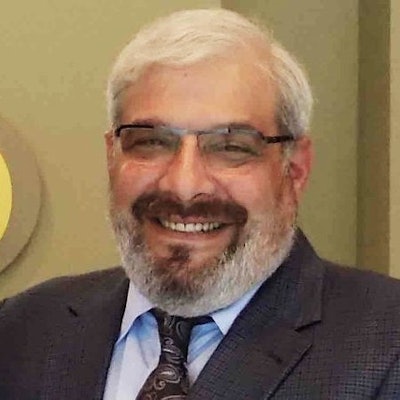
View from a longtime broker on today’s edition of the Overdrive Radio podcast, in the context of the last months’ difficulties.
Depending on the operation and the freight it’s serving, owner-operators whose costs are higher than their competitors felt more rates pain in the market contraction, as bigger contract carriers came into the spot market in droves to newly compete on all lanes and dollar signs shone in the eyes of greediest among freight actors, including among some brokers. That all most certainly happened after the brief restock rush in March and ultimately resulted in many independents being squeezed and shutting down to wait till some semblance of normalcy returned.
 Paul Berman
Paul BermanAs is known for any reader of Overdrive, it also led some of those independents into protest in D.C. and elsewhere around the country, of course, and at least a new channel of communication with the White House for the groups, as well as some level of official commitment to enforce transparency regs on the books, if not make further modifications there. Time will tell on that front.
Today’s perspective comes from East Coast Transport’s logistics VP Paul Berman, who’s been around trucking, and particularly the food-freight side of things, since the 1970s and also happens to be a former owner-operator himself. The expansive talk covers in part the history of brokerage in trucking and the evolution of the spot market into a sort of market-within-a-market, with plenty downsides when pursued to the exclusion of tried-and-true strategies toward business relationships built on mutual trust, fairness and need. As the current crisis has done so much to expose bad actors among brokerages and spur a push for greater fairness, Berman emphasizes that there were before and are still plenty good guys out there among brokers.

Owner-operators without solid partners today, he suggests, would do well to spend personal capital on setting up for the long haul. It’s the dependable partners who will sustain you through what could be a long recovery, not to mention the next downturn. Take a listen:
 You can find the East Coast Transport website via this link.
You can find the East Coast Transport website via this link.In Part 2 next week, Berman detailed how current transparency regs have been exercised by owner-operators working with East Coast (minimally) and what he thinks about the push for more required transaction records disclosure, among other subjects. Listen via the following link:










